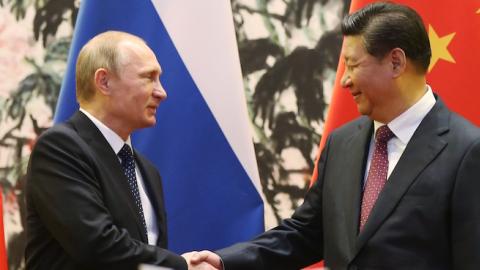What will the trans-Atlantic alliance look like in a world focused on the Indo-Pacific? That, more than President Trump’s unpredictable diplomacy, is the question that haunts Europe. During the Cold War, protecting Europe from Soviet aggression was Washington’s highest foreign-policy priority. That didn’t only mean that the U.S. put troops in Europe. Washington took European opinions seriously, engaged with Europeans, cut deals with them and was willing to make concessions to preserve alliance unity.
Clearly, some of that has changed. The next U.S. president may not share Mr. Trump’s undiplomatic instincts or his affinity for Brexiteers such as Nigel Farage and anti-Brussels figures like Hungary’s Viktor Orbán. But will he or she engage in the ritualistic ceremonies of diplomatic consultation with the various chancellors, presidents, commissioners and high representatives that Europeans so love? When America’s most urgent foreign policy worries involve smoothing over Japanese-Korean spats or facing down China in the Taiwan Strait, just how relevant will Europe be? When Europe calls Washington, will anybody answer the phone?
The French like to say they are a Pacific nation, thanks to Tahiti and other outposts, but it takes more than a sprinkling of islands, however idyllic, to make you a serious factor in Pacific politics. From a military standpoint, the European powers—and NATO itself—won’t play a large role in the Indo-Pacific zone. Nor will European ideology or Europe as a model have much appeal there. The memories of colonialism are too strong, and many Asian countries see the slow-growth, high-regulation European social model as a trap to avoid, not a goal to be reached.
Read the full article in Wall Street Journal

















